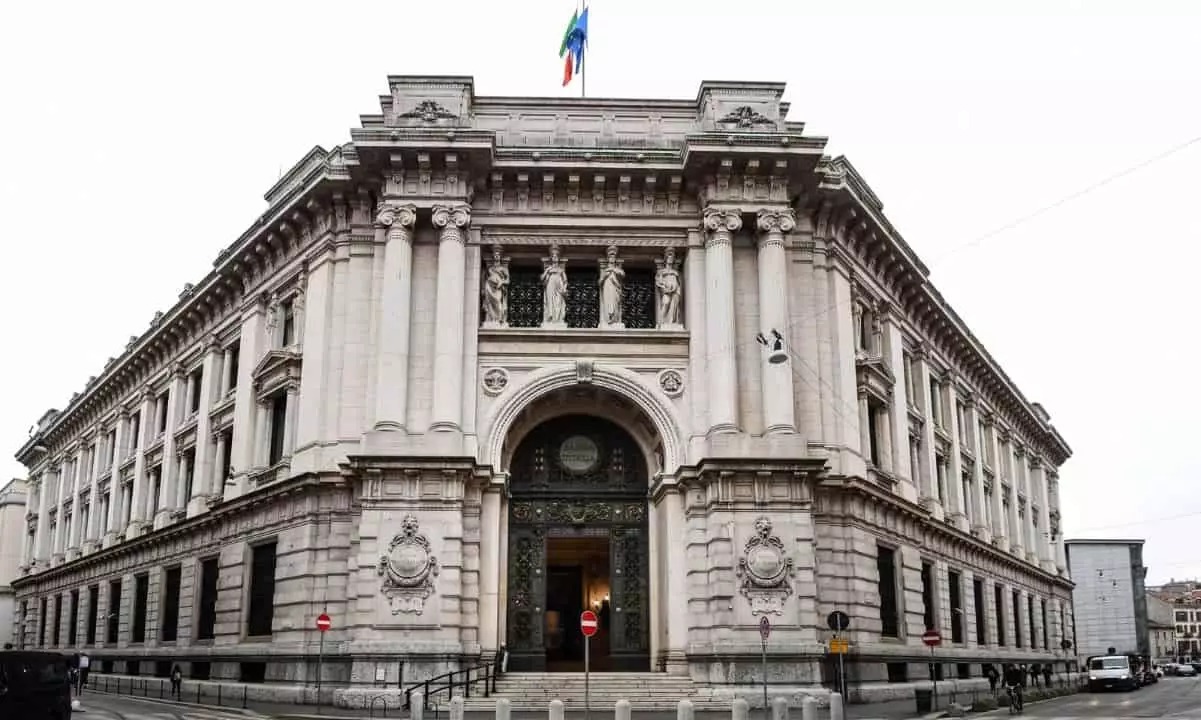The cryptographic asset Bitcoin has gained notable traction in recent years, with many financial institutions slowly recognizing its transformative potential. This shift marks a significant change in the conventional finance landscape, where assets like Bitcoin are beginning to integrate into corporate treasuries. However, this shift is not universally hailed as a positive development. While many see Bitcoin as a beacon of financial innovation, others express grave concerns, particularly about its implications for crime and regulatory oversight. The Bank of Italy offers a stark contrast to the more optimistic view, emphasizing the risks associated with Bitcoin’s peer-to-peer (P2P) services.
In a rigorous examination published in November 2024, the Bank of Italy took a critical stance on the role of Bitcoin P2P services, dubbing them “crime-as-a-service.” This characterization is alarming, especially since P2P services are often celebrated for their accessibility and ability to foster financial inclusion. The Bank argues that these platforms are increasingly being misused as conduits for money laundering, particularly in regions with lax regulatory frameworks. This paints a troubling picture of a technology that could easily become a tool for illicit activities rather than the revolutionary asset it was envisioned to be.
The Bank of Italy’s report elucidates how the P2P mechanisms exploit existing regulatory loopholes, creating safe havens for those seeking ways to obscure the origins of illicit funds. These unregulated platforms bypass essential safeguards like Know-Your-Customer (KYC) and Anti-Money Laundering (AML) protocols, facilitating a straightforward pathway for criminal activities. The exploitation of the pseudonymity offered by blockchain transactions allows users to interact through unlinked addresses, effectively masking their identities and shielding them from detection by centralized financial systems.
The report elaborates on the difficulties presented by decentralized finance (DeFi) systems as well. Unlike centralized finance (CeFi) platforms that can be subjected to stringent regulatory measures akin to traditional banking institutions, DeFi systems operate without intermediaries, complicating oversight efforts. This lack of regulation not only enhances the potential for misuse but also raises pressing questions about the future of financial governance in an era increasingly dominated by decentralized technologies. Critics argue that while blockchain is often extolled for its transparency and traceability, the mechanisms for continuous, in-depth scrutiny remain insufficient to prevent abuse.
The discourse surrounding Bitcoin P2P services highlights a crucial narrative in the evolving nature of finance, where the same technology celebrated for its innovative potential can also foster avenues for criminal exploitation. The Bank of Italy’s insights implore stakeholders to recognize the urgency of developing a balanced regulatory framework. Addressing the duality of such technologies will be essential, balancing innovation with the imperative of safeguarding the financial ecosystem from abuse. Without thoughtful regulation and continuous oversight, the promise of cryptocurrencies could be overshadowed by their darker potential.

